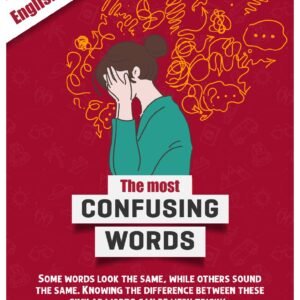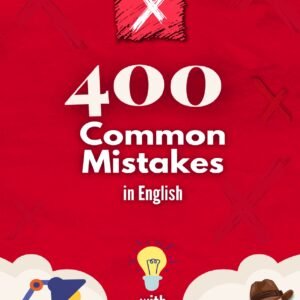Comparatives & Superlatives
When adjectives are used to compare two or more things, they are called comparative adjectives and superlative adjectives.
Regular comparative/superlative adjectives are formed by adding -er/-est to the end of the adjective, or by placing more/most in front of the adjective.
Irregular adjectives change form in the comparative/superlative states. Take a look at the following chart of regular and irregular adjectives in the comparative and superlative forms:

Nouns as Adjectives
Sometimes nouns can also be used to describe another noun, in which case the first noun performs as an adjective. The noun acting as the adjective always comes first and is almost always singular:
- police office – an office where police work
- math teacher – a teacher who teaches math
- race horse – a horse ridden in races
- horse race – a race for horses
- golf ball – a ball for playing golf
- basketball shoes – shoes for playing basketball
- coffee shop – a shop that sells coffee
*NOTE: Most “nouns as adjectives” CANNOT be plural:
- races car – X
- coffees shop – X
- golfs ball – X
These are exceptions to the rule and CAN be plural:
- sports game
- clothes drawer
- customs officer
- accounts manager









